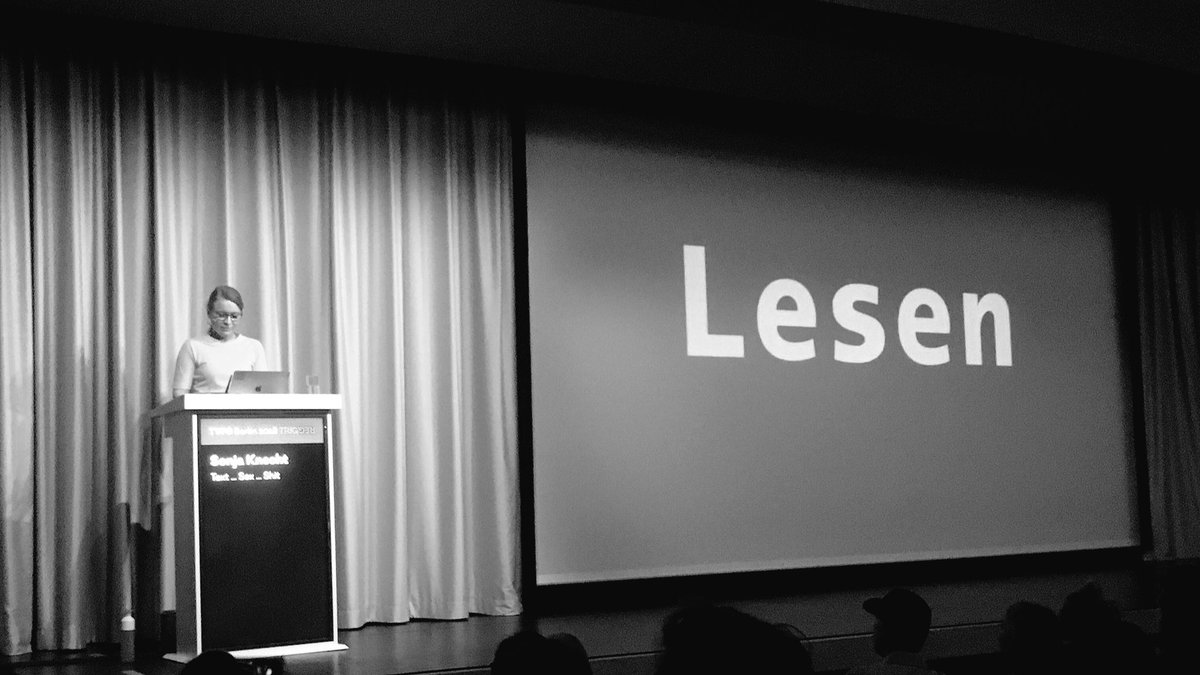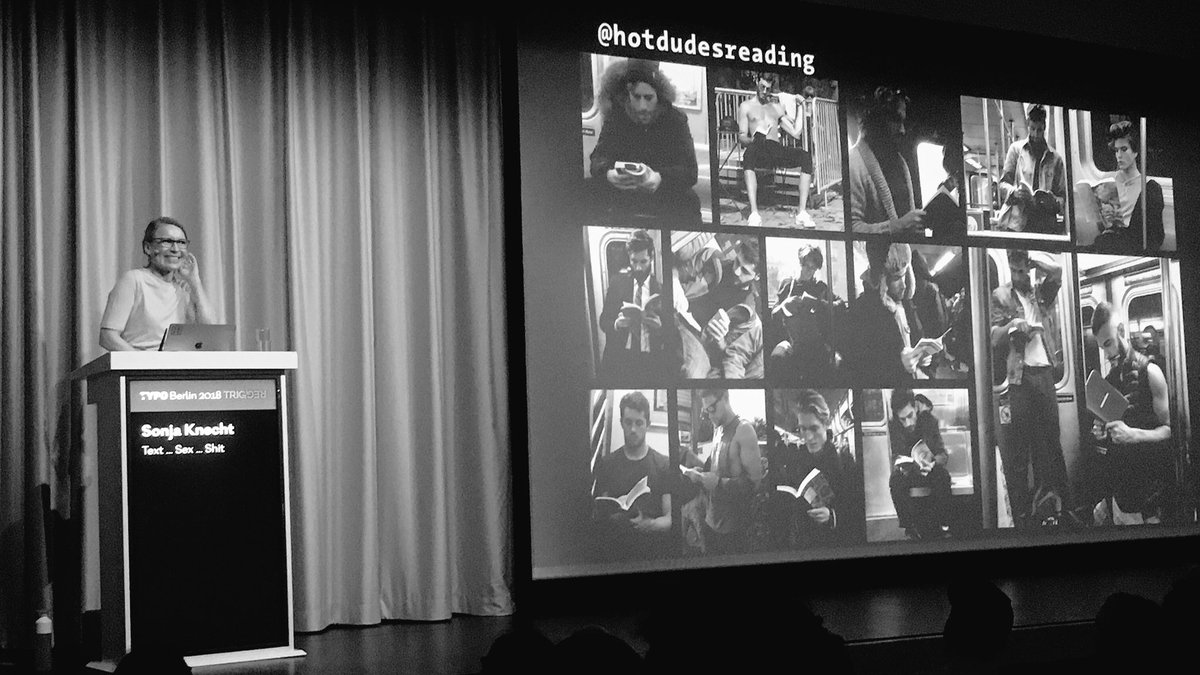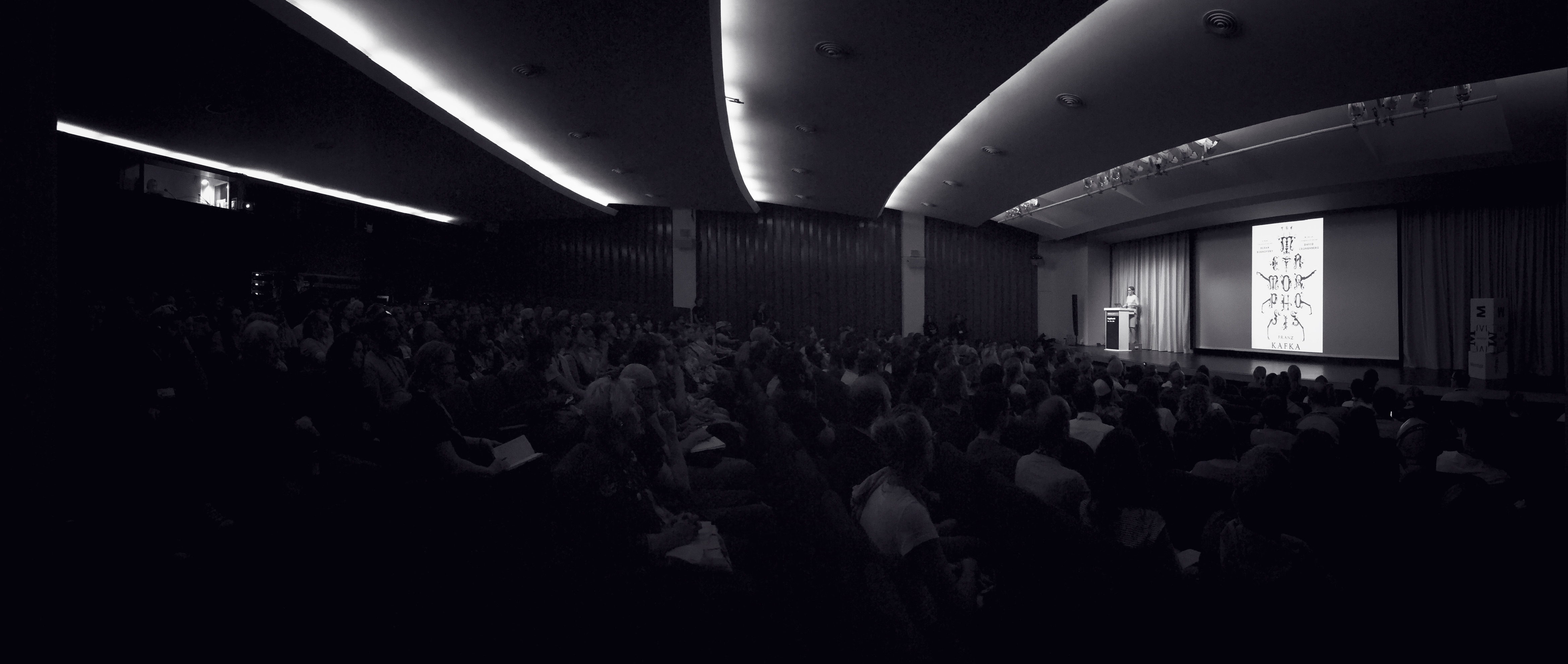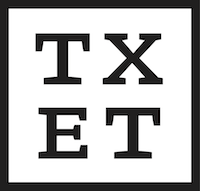Scheiße is German for shit. Since it includes our letter ß, the sharp s, it sounds even worse. Scheiße conquered our dictionary in 1934. Pure coincidence? Three theses on text for instant application.
(Please find the German version of this essay here.)
Sex. Sex! Sex! Sex! Sex! Sex! Sex is everywhere and nowhere. Sex imposes itself. Some words are omnipresent; they produce pictures in our heads, pleasant feelings, or anxiety. What word could illustrate this better than sex?
Thesis 1: The best images are created in the mind. By words.
Everyone is different – with words, and with encounters. When it comes to the notion of sex, some people may relax and become particularly open and attentive, or expectant; others prefer to flee. This applies in particular to words and facts that have a certain potential for embarrassment. The best images are created by words. The worst ones are, too.
People talk damn often about sex or pretend to talk about it. But sex is not really present. Sex or sexual allusions are used to create moods: in politics and related areas, in work, society, media, in situations that have nothing to do with sex – and they serve all the more as a means to an end. No wonder that sexism, racism, and fascism so often go hand in hand.
Prominent examples are provided, above all, by the current American President. What does he want to say? The striking example with which he became famous may serve as a self-experiment here, slightly adapted. Read it slowly and preferably aloud:
I tried to fuck him. He was married. I moved on him like […] I don’t even wait. And when you’re a star they let you do it. You can do anything. Grab them by the prick. You can do anything.
The original by Donald J. Trump came to the public in October 2016. That same autumn, he became President of the United States of America. Shit! No matter who talks like that to whom and in which gender or whatever direction: this is shit, spreading in the US since then – and not only in the US – but massively since mid-November 2016. And it is not just linguistic filth.
If someone who holds a public office is allowed to speak like this without being chased away in disgrace and shame – and without any effect on his exposed position – then this has fatal consequences. Such a statement becomes independent; it reinforces and confirms itself again and again. A self-staging like this, unchallenged, manifests further possibilities. It paves the way for future action. The one who has the power and the recklessness to assert such things, regardless of whether they are true or not, asserts himself and empowers fans and followers.
We’ve seen it: the aforementioned positioning was the drumbeat for a seizure of power and a fight without equal, by means of language.
The worst thing about this is not the often-quoted p-sentence. Even worse are the sentences just before and after it, You can do anything repeated. The embedded p-phrase just serves as one example of what you can do. Stated here in all clarity is that you can do everything – if you only dare. Just do what you want, if you have the power, the money, and the position to do so. Obviously, you will not be disempowered nor punished.
Needless to say: this is not about sexuality.

My one and only recommendation for better texts, be it spoken oder written: read! Read as much as you can. This picture was taken by John L. Walters of Eye magazine at my “Text, Sex, Scheiße“ lecture at TYPO Berlin in May 2018, and I’m proud I’ve had him in my audience.

My recommendation: read as much as you can. These dudes know why. This picture was taken by John L. Walters of Eye magazine (thank you so much) during my Talk at TYPO Berlin, and might serve as a proof for how attractive reading is.
Thesis 2: Text is information. Always.
Text is information. But what kind of information? There is more in the game. A lot of emotion might be involved, some strategy, and intentions. There is always something that resonates beyond the content. The way that you say something, which words you use in which tone towards whom in which situation, actually says everything. Most of all about the speaker. What has been secreted here by the incumbent US president – the man, mind you, classically described as the most powerful man in the world – is shit in a comprehensive, fundamental sense. Shit in every sense. Big Scheiße.
At first, Scheiße is only a word though. A harmless little word. Let’s just take a closer look: Where does the shit come from? Scheiße found its way into the Duden – the dictionary of the German language – in 1934. Exactly at the time when the Nazis came to power in Germany. It was in 1934 that Adolf Hitler united the offices of the Reich Chancellor and Reich President and called himself Führer. Coincidence or not: dictionaries are contemporary witnesses. They document the signs of the times. The word Führer surely did not accidentally come to its new special meaning. Of course, it was installed consciously. Also, nota bene, both Scheiße and shit are currently experiencing a renaissance.
Dictionaries are witnesses! In the way we speak, we shape our language and we shape the times we live in. Terms come up like fashion, they mark trends, and vice versa: with the words we choose, we describe and evaluate what happens around us. We shape contemporary history with our speaking gestures, and with our linguistic actions.
Thesis 3: Language is a tool. Everywhere.
Text is language, designed. In the moment we speak or write, we design (with) language. If we are aware of this – if we know our vocabulary and what we can do with it – we gain countless possibilities. A clear attitude, a bit of communicative skill and practice, some experimentation perhaps, and we will discover a world of possibilities. We can make a change via language. It is a wonderful tool. We can achieve our goals and we can reach other people via language. With words, we create our life, our world, and we shape every encounter, each and every day. Everything.
Forevermore, we are also recipients of language. Probably every one of us may remember beautiful words forever, but also deeply disturbing messages; a sentence that has caused sadness or shock, a word that has hit us hard. How could we forget? Words work.
It is crucially important for us to pay attention to our language and the language of those around us. What do they want to tell us? What do we want to say? What impressions do we want to make? Every day we decide what to do with words. We decide if we use language to exercise power, manipulation and marketing, for instance, or if we want to exude beauty, magic, and meaning.
It is in our hands.

Sonja Knecht at TYPO Berlin 2018 (shot by Norman Posselt)
My three theses on text, as presented here, are published in the comprehensive printed and digital editions of The Future of Text, a project by Frode Hegland and Vint Cerf. First released on 20th November 2020. For this occasion, at the 9th Annual Future of Text Symposium, I made a (3 min) video about The Future of Text.
The three theses are part of my Text, Sex, Scheiße lecture (of 48 min), held at TYPO Berlin International Design Talks on 19th May 2018. Many thanks for the photos to John L. Walters of Eye magazine, and to Norman Posselt (for Monotype).
Please find the original German version of this essay – including more conference pictures plus a publication as a poster magazine – here.
